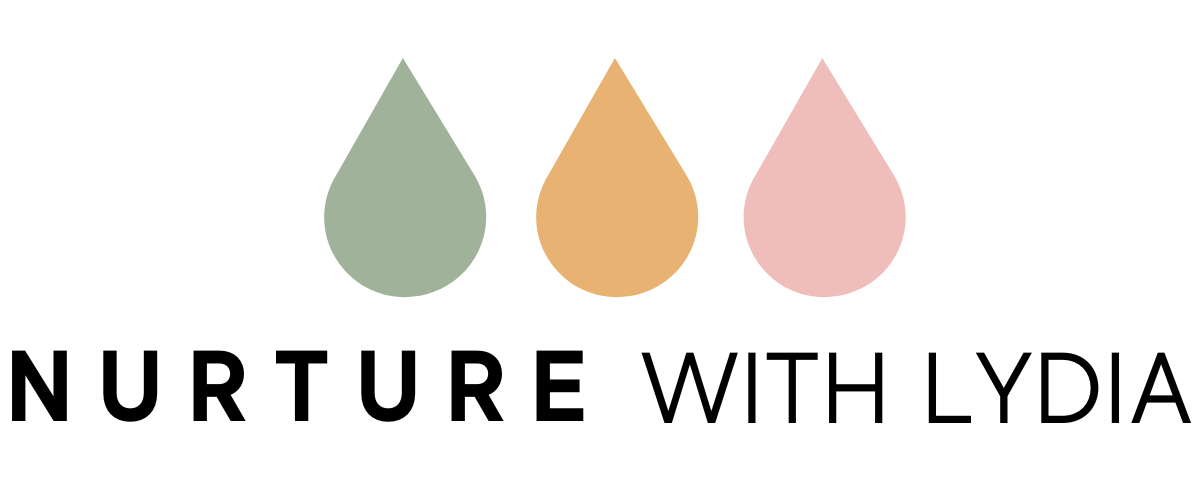Extended breastfeeding: a mother’s right to choose
Extended breastfeeding— feeding your child beyond infancy - provides numerous benefits for both mother and child. Unfortunately, societal perceptions often influence this personal choice, leading some mothers to wean earlier than they wish to, or feel that they can only feed at home due to judgement in a public space.
There are many misconceptions around feeding an older child; that it’s no longer needed or beneficial past a certain age, or that it creates an unhealthy attachment – but these are simply not true.
Read on to learn the facts about extended breastfeeding and why it is completely healthy and normal.
Extended breastfeeding is a wonderful bonding experience for mother and child
No Upper Age Limit
There is no medically recommended upper age limit for breastfeeding, and weaning ages vary among cultures and individuals. The World Health Organization recommends breastfeeding up to two years or beyond, as mutually desired by mother and child.
Some mothers may choose to stop breastfeeding due to personal preference, lifestyle, or family needs, and these decisions should of course be respected. If you need support with stopping breastfeeding, please get in touch.
But it is unacceptable when the choice to wean is driven by shame or judgment from others, whether it’s strangers or family/friends. Mothers deserve to feel empowered to make informed decisions for themselves and their families without external influence.
Starting Solids
A common misconception is that breastfed babies no longer need breast milk once they start eating solid foods around six months. In reality, solids are meant to complement breastfeeding, not replace it, and a baby’s main source of nutrition up to 12 months should be breastmilk or formula.
The NHS and the WHO recommend continued breastfeeding alongside solid foods for at least two years because breast milk remains a vital source of nutrients, antibodies, and immune support. In fact, as a baby’s diet expands, breast milk adapts to provide essential fats, proteins, and vitamins that support growth and development.
Facing Judgment
Despite the benefits, mothers who choose extended breastfeeding often encounter societal judgment. In many Western cultures, breastfeeding beyond infancy is not the norm, leading to misconceptions and criticism. This pressure can cause mothers to feel that their choice to continue nursing is wrong.
World Breastfeeding in Public Day
To combat stigma and promote acceptance, initiatives like World Breastfeeding in Public Day, founded in 2022 by Destiny Smith, have emerged. These events encourage mothers to nurse openly, fostering a supportive environment and normalizing breastfeeding at all stages.
We Must Honour Bodily Autonomy
Bodily autonomy is defined as the right to make decisions about your own body, life, and future, without coercion or violence, and widely recognised as a fundamental human right.
Despite the overwhelming evidence supporting extended breastfeeding, many mothers in the UK still face criticism and shame for nursing beyond infancy. This stigma is deeply rooted in cultural norms that prioritise early independence, sexualisation of women’s bodies and the view that breastfeeding as something only required for newborns.
The problem has never been breastfeeding; it’s the outdated attitudes surrounding it. Instead of celebrating a mother’s choice to provide comfort and nourishment to her child, too often, she is met with judgment, whispers, or even outright disapproval. But the real issue isn’t the age of the child—it’s society’s unwillingness to accept that breastfeeding beyond infancy is completely normal and something that should be supported.
Ironically, mothers who choose not to breastfeed often find themselves facing similar vitriol as those who do. Whether it's due to personal choice, medical reasons, or circumstances beyond their control, their decision not to breastfeed is frequently met with judgment and guilt-tripping. This relentless scrutiny reflects a deeper issue—society’s ingrained need to control and police women’s bodies, particularly when it comes to motherhood. The unhelpful phrase "breast is best" has long been championed, but the conversation often lacks nuance, failing to acknowledge the complexities of feeding choices (i.e. I would not wish anyone to breastfeed at the detriment of their mental health, or right to bodily autonomy). This kind of rhetoric only adds to the pressure mothers face, and further divides the breastfeeding and formula feeding mothers - reinforcing the idea that their worth is tied to how they feed their child rather. We as a society should be recognizing that a well-supported mother—whatever her feeding choice—leads to a thriving baby.
It is essential to honour a mother’s autonomy and right to choose, firstly, whether to breastfeed at all and, secondly, how long to breastfeed her child for.

